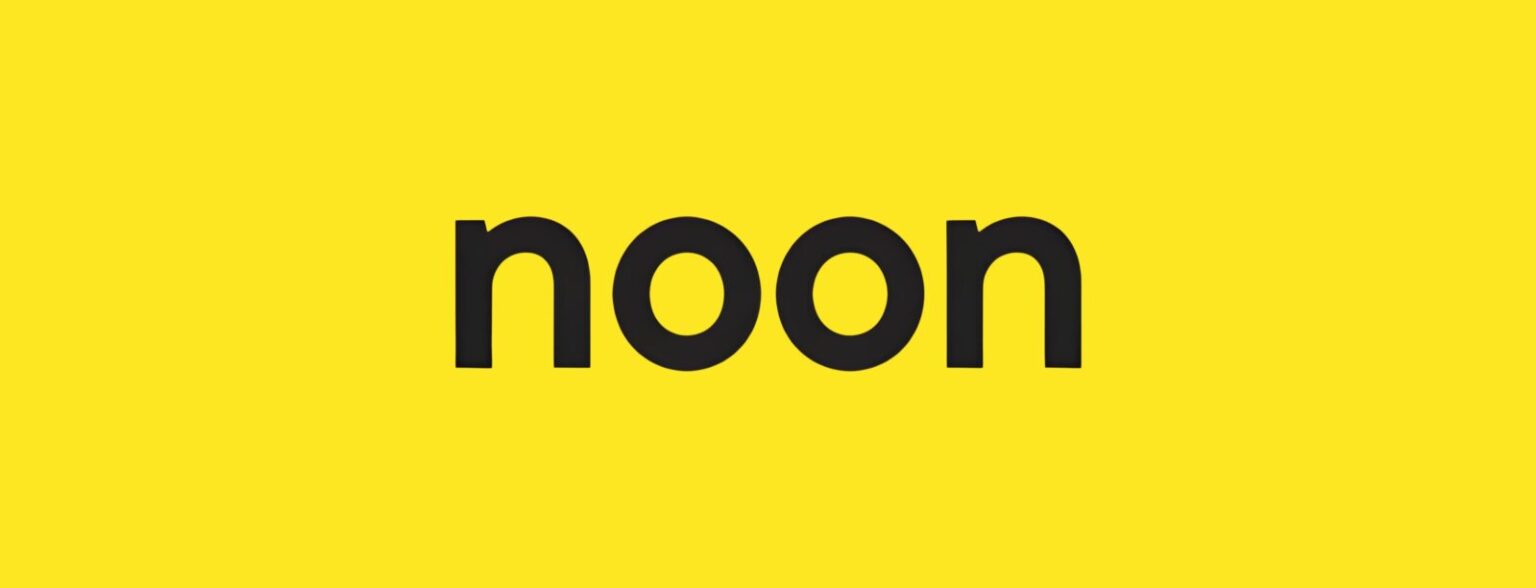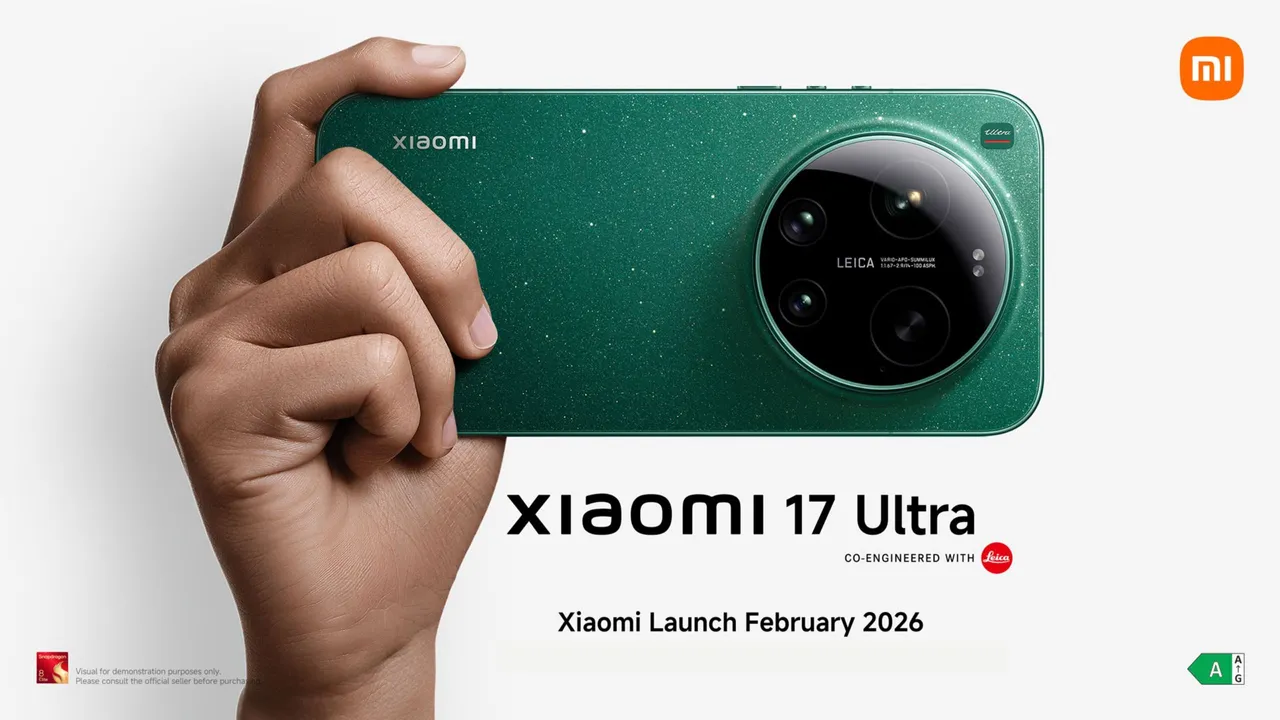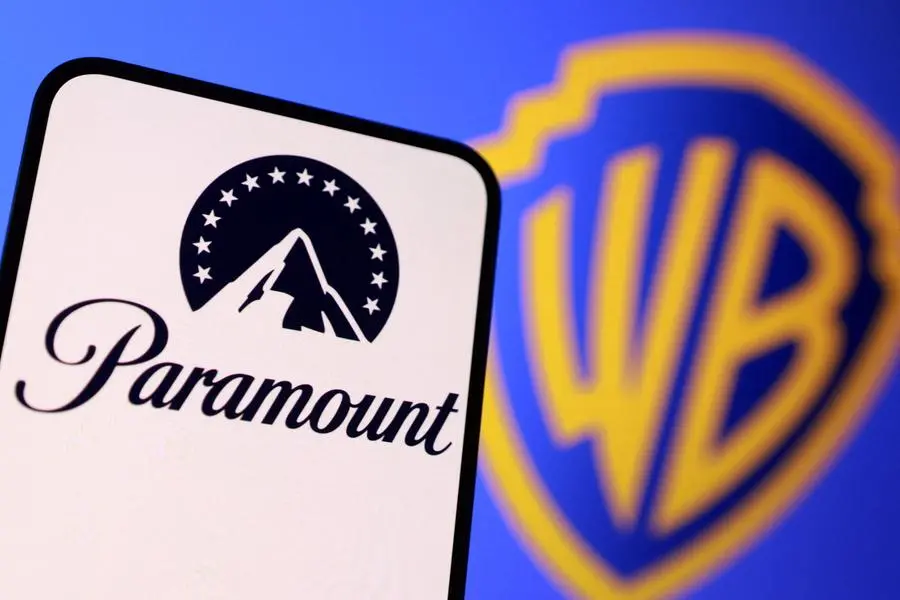Noon, the Middle East’s homegrown rival to Amazon, is preparing for a stock market debut within the next two years as it expands its ecommerce footprint and experiments with autonomous delivery.
Founded in 2016 by Mohamed Alabbar with backing from Saudi Arabia’s Public Investment Fund, noon has since raised $2.7 billion and is now valued at nearly $10 billion. Operating across Saudi Arabia, the UAE, and Egypt, the company sells everything from electronics to groceries, with its black-and-yellow delivery vans now a common sight in Dubai.
Alabbar said noon is “almost” profitable, citing stronger financials and improved technology. He suggested a dual listing in Saudi Arabia and the UAE could take place within 24 months, noting that it would be an opportunity to reward current investors while also reinforcing regional control of digital commerce. “I don’t want the Amazons of the world to come and control my country,” he said.
One major initiative is autonomous delivery. Noon is testing self-driving vans and three-wheeled vehicles, which it plans to lease rather than buy outright. Alabbar estimated that halving its 40,000-strong driver workforce by 2027 would “be amazing” in terms of efficiency and cost reduction.
Noon is also exploring mergers, acquisitions, and partnerships to expand internationally, with India cited as a potential next market. But competition remains fierce. Amazon, which entered the region through its $580 million acquisition of Souq.com in 2017, continues to dominate in scale. Fashion giant Shein, Ikea’s online operations, and Chinese players such as Meituan’s Keeta delivery service are also intensifying pressure on Noon.
Despite the crowded field, noon has emerged as a significant force. Redseer Strategy Consultants estimates its gross merchandise value hit $5–6 billion in 2024, though analysts note that its average order size remains smaller than some rivals, creating challenges for profitability. Its aggressive push into fresh food delivery has helped secure a leading position in the UAE grocery market but has also weighed on margins.
Alabbar acknowledged that turning a profit is essential before going public, stressing that investors today expect financial discipline rather than years of losses in pursuit of growth, as seen in Amazon’s early years. “Our board members and the world and the banks don’t accept that nonsense anymore,” he said.







